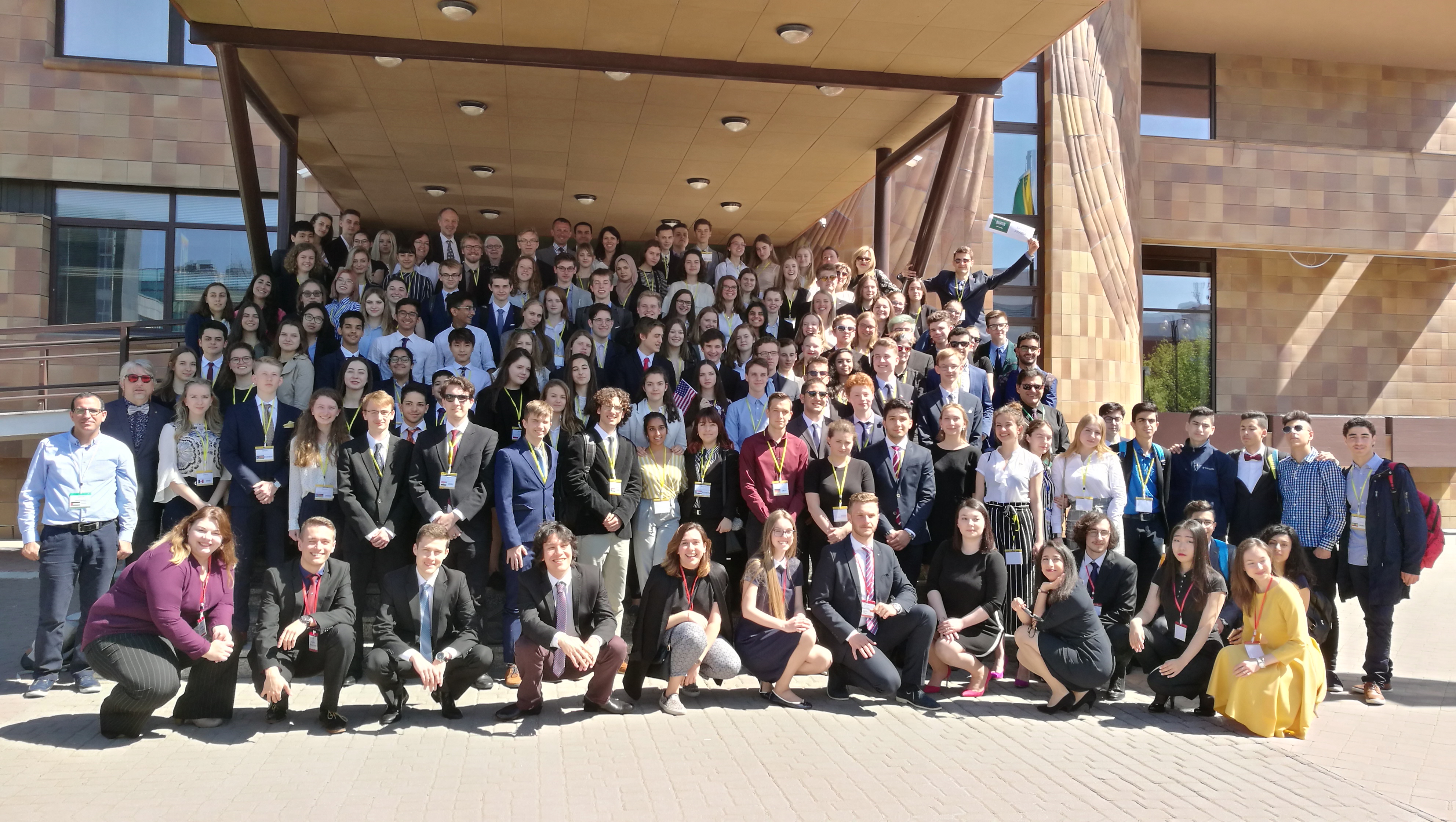POSITION PAPERS: to daniel.bdzoch@gmail.com (deadline - 5.4.2018)
INTRODUCTION
Ever since the start of the Industrial Revolution on the break of the 18th and 19th century, the global pace in the industrial advances has not slowed down. Although these efforts have remarkably led to great new inventions and to raising the standards of living, this area remained highly unregulated compared to the other aspects of civilized life. It had to backfire some day.
Unfortunately, the burden of waking up on this issue is on our generation. As climate change is visibly present, people must learn more about it, how to approach it and how to slow it down and/or even reverse it. This has been underestimated for decades and right now, we are approaching the verge of the crisis faster than in the previous decades. It is the matter of now, as the change and education need much more effort to develop and progress.
The importance of incorporating climate change in the public education is essential. Statistics show that there are countries, where climate change awareness is nearly perfect (100%), however, most of the countries fall down below 50-60%, even down to 20% of the respective populations. (https://www.carbonbrief.org/global-survey-where-in-the-world-is-most-and-least-aware-of-climate-change) That, in today’s world of mass consumerism, heavy industry, overpopulation, and waste overload, is something that must be changed for the better.
UNESCO, an organization responsible for not only development in science, preservation of culture and communication coordination, but also mainly for global education, should be the organization leading the way and raising the bar to show the countries and the world that this issue is one of the most important in today’s world. This only emphasizes the fact that educating the people of tomorrow is crucial for our planet.

Daniel Bdžoch
SlovakMUN Honorary Mention, ZAMUN Best Delegate and Honorary Mention, BratMUN Outstanding Delegate

